An independent review of the Government’s Net Zero Strategy has suggested that the Zero Emission Vehicle (ZEV) Mandate is introduced by 2024.
The ZEV mandate will force manufacturers to sell a certain proportion of electric vehicles (EVs) in the lead up to 2030.
Through the ZEV mandate, manufacturers will have ZEV sales converted into ‘certificates’ and be required to hold a certain number of certificates at the end of each year in relation to the total number of vehicles they’ve sold. There will also be targets for CO2 emissions to regulate non ZEVs.
Fines will be issued to manufacturers that don't meet their targets.
The recommendation is one of 129 made in the review. which stresses the need for continued public and private sector collaboration to achieving the Government’s 2050 ambition.
A recommendation to reduce VAT on public charge points, to bring costs in-line with home chargers, was also included in the review.
Chair of the Net Zero Review, Chris Skidmore MP, said: “We should be proud of the lead the UK has taken in tackling climate change, having exceeded expectations so far in our race to net zero emissions by 2050. As essential as that is environmentally, it also puts us at an economic advantage globally.
“We lead in areas including clean technologies, science, manufacturing and green finance – areas that, if managed right, can lead to new jobs and strong economic growth.
“In developing this report, we have engaged with communities, economists and climate experts from across the country through more than 50 roundtables and 1800 submissions – all of which have led to the Mission Zero findings.
“My recommendations are designed to make the most of this historic opportunity, covering the length and breadth of our economy, so that people in every part of the country can reap the benefits of this both in their communities, and in their pockets.”
Among the key recommendations associated with the automotive sector are:
- Government to swiftly deliver the ZEV mandate, to apply from 2024, while maintaining regulations and funding to support the uptake of electric and other zero emission vehicles, and continuing to drive emission reductions from internal combustion engines
- Government should continue to work with industry to set out a clear programme by 2024 to accelerate decarbonisation of the wider freight sector through modal shift and deployment of new technologies, building on the Future of Freight Plan
- Government to reduce delays to anticipated reforms by bringing forward the delayed Future of Transport Bill this Parliament
- By Autumn 2023 HM Treasury should review how policy incentivises investment in decarbonisation, including via the tax system and capital allowances
- Government to equalise VAT on public and private electric vehicle charging in 2024.
Gerry Keaney, BVRLA chief executive, said: “The sheer scale, depth and ambition of the Net Zero Review demonstrates the importance of this topic. Decarbonisation is not a choice. The review should be taken seriously by companies and governmental departments in every sector. Led by fleet, the automotive sector has long been a trailblazer in decarbonisation.
“The gaps between the recommendations being published today and their ultimate transition into government policy will vary in size. Processes are complex and departments will need to come together to drive progress. Today’s review represents a monumental step forward. We will continue to actively engage with all stakeholders to represent the sector’s views and contribute to positive change.”
The Mission Zero report can be viewed here: https://www.gov.uk/government/publications/review-of-net-zero

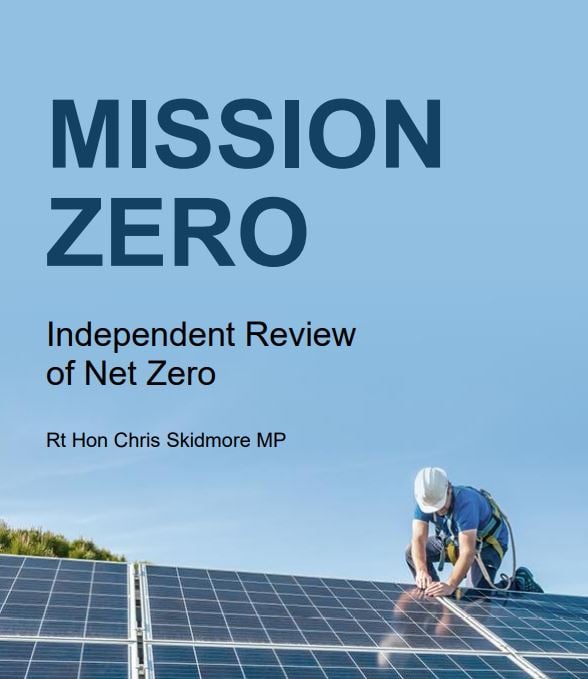



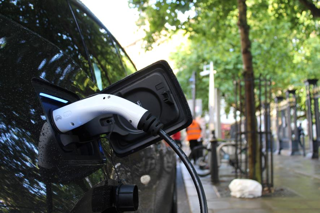

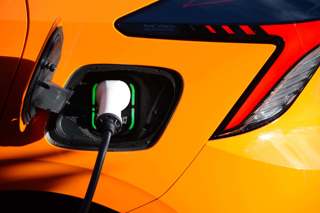
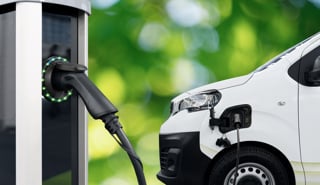
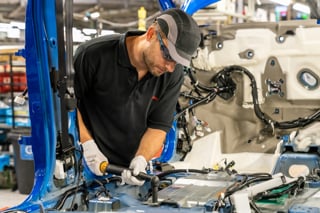











Login to comment
Comments
No comments have been made yet.